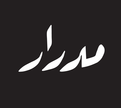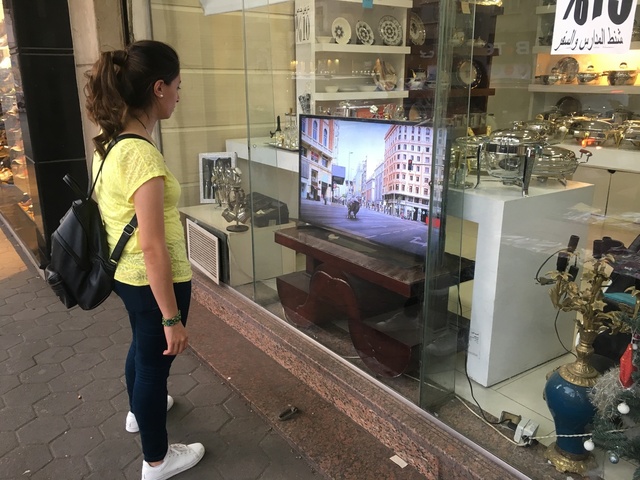
Medrar for Contemporary Art
Cairo, Egypt
When it started as a collective in 2005, Medrar mediated gaps between different avenues for visual art in Egypt; Institutional structures, State-run competitions, Galleries maintaining a classic postcolonial Art market, and a growing scene of Contemporary Practices mostly linking to Euro-American domains. Emerging Egyptian artists infused Medrar’s identity with a strong focus on new media/digital experiments with moving images, leading to its establishment as an independent Artist-run venue by 2012. Alongside collaborations and showcasing of initiatives, Medrar organizes several annual programs; Namely the Cairo Video Festival, Roznama, The Interaction & Media Lab, and the documentary channel - Medrar TV
The MedrarTV project team has been actively filming the past 14 years of life around Contemporary Arts in Cairo and other capitals of the Arab world. The online - Brief report format - episodes cover events, openings, studio visits and artist interviews. Apart from the published 240 videos, the project has built over time a significant library of original footage with hopes to preserve and narrate this history.
We invite you to visit our station at Supermarket and experience a free browsing session through our collective archive. Guided by Dia Hamed - a founding member of Medrar, the walkthrough proposes conversations around personal & institutional archiving practices, notions of Open Source Cultural Heritage and absence of reference in an age of digital museums.


